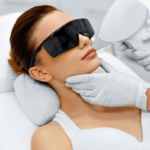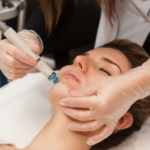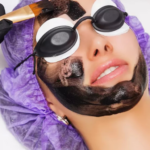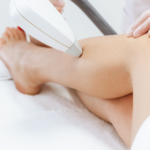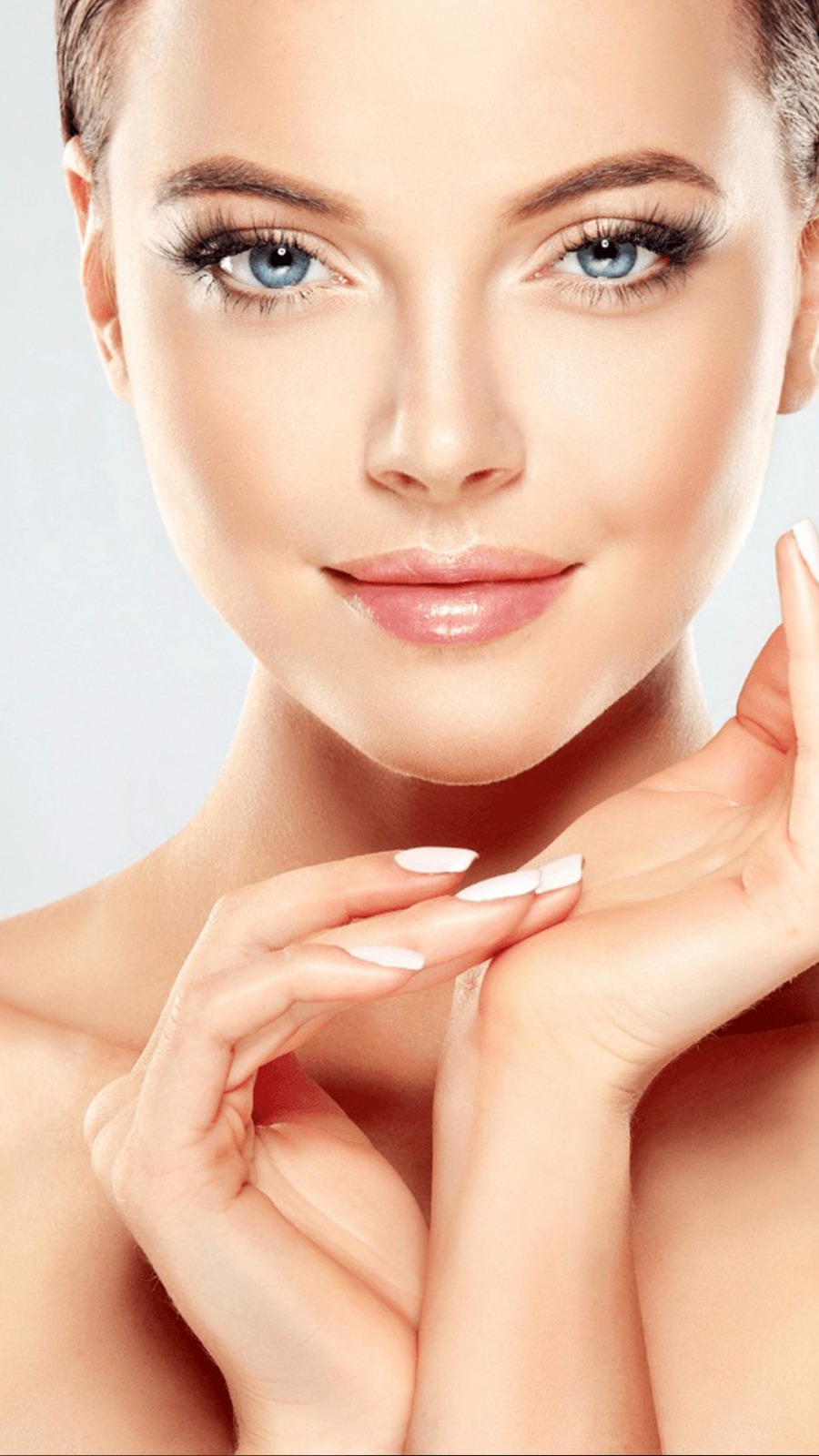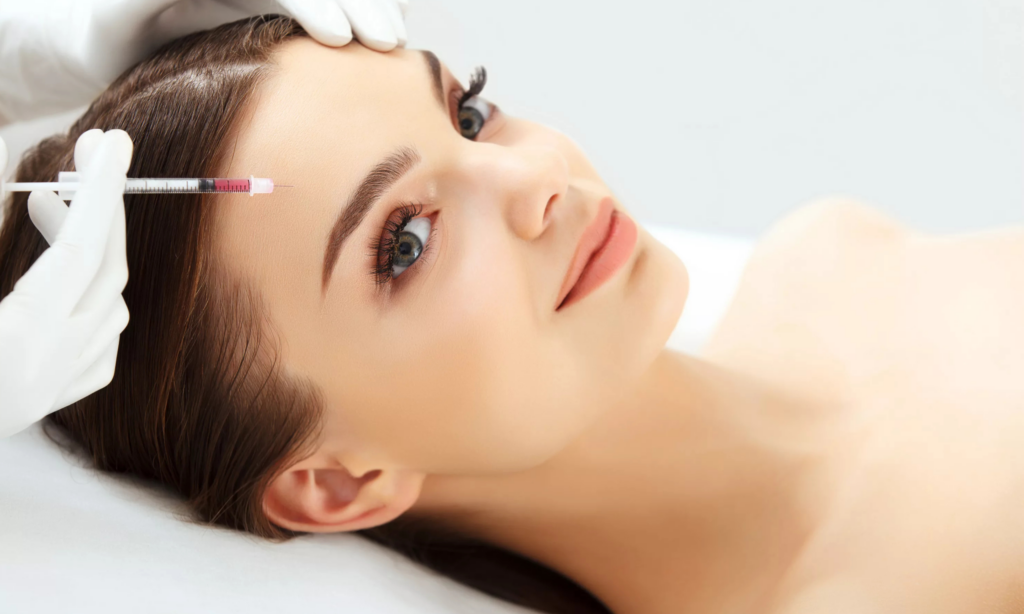
Hair loss is one of the problems commonly affecting the majority of individuals from all walks of life. Even though losing some amount of hair is normal, considerable loss may become troublesome and could indicate a problem. Whether it’s due to genetics, stress, poor diet, or other health conditions, understanding the causes of hair fall is the first step toward finding an effective solution. In this blog, we’ll explore the common causes of hair fall, its symptoms, and the best treatment options available. If you are experiencing hair loss and seeking professional help, VLCC Clinic is the best for Hair Fall Treatment in Wakad, Pune, and will provide professional advice and solutions to address hair fall.
What is Hair Fall?
Hair fall, also known as hair loss, is the process of shedding more hair than usual from the scalp. On average, it’s normal to lose 50 to 100 hairs a day, as part of the natural hair growth cycle. However, when the shedding exceeds this number, it may lead to noticeable thinning or bald patches. Hair loss can occur gradually or suddenly and may affect small areas or the entire scalp.
What Causes Hair Fall?
There are several causes of hair fall, some of which are temporary and treatable, while others may be more long-term. The cause is important to understand in order to choose the right treatment. Several common factors that contribute to hair fall include:
- Genetics: The most common cause of hair loss is hereditary, especially for conditions like male and female pattern baldness. This type of hair loss is usually gradual and follows a distinct pattern over time.
- Hormonal Imbalances: Hormonal changes, especially those associated with pregnancy, childbirth, menopause, or thyroid problems, can cause hair to thin or fall out. Hormonal imbalance can also be caused by diseases such as polycystic ovary syndrome (PCOS).
- Stress: Physical or emotional stress can cause a type of hair loss called telogen effluvium, where a large number of hair follicles enter the resting phase, resulting in hair shedding. Stress-induced hair loss can often be reversed once the stressor is addressed.
- Nutritional Deficiencies: Insufficient supply of iron, vitamin D, biotin, and proteins contribute to hair loss. Malnutrition and certain medical conditions such as anemia may also contribute to hair loss.
- Scalp Infections: Conditions such as ringworm or inflammation of the scalp due to seborrheic dermatitis or psoriasis interfere with normal hair growth.
- Medications: Certain drugs used to treat cancer, arthritis, depression, and heart conditions can lead to hair loss as a side effect. Chemotherapy is particularly notorious for causing massive hair shedding.
What Are the Symptoms of Hair Loss?
Some common symptoms of hair loss include:
Thinning Hair: Gradual thinning of hair, especially at the crown or along the hairline, is a common early sign of hair loss.
Excessive Shedding: Excessive shedding might also be indicated by the excessive presence of hair on your pillow, comb, or in the shower.
Bald Patches: Circular or patchy areas of baldness may develop on the scalp. This is indicative of alopecia areata.
Receding Hairline: A receding hairline, especially in men, is a common symptom of pattern baldness.
Itchy or Inflamed Scalp: If hair loss is accompanied by irritation of the scalp, itching, or redness, it may be a symptom of an infection or inflammatory condition.
Effective Management and Treatment for Hair Fall
Hair fall can be distressing, but with the right management and treatment solutions, it is possible to restore hair health and regain confidence. Below are some of the most effective treatments:
1. FDA-Approved Medications
- Minoxidil: This topical treatment, available without a prescription, is applied directly to the scalp to stimulate hair growth.
- Finasteride: An oral medication that works by inhibiting the hormone DHT, a major contributor to hair loss, thus reducing hair fall and promoting regrowth.
2. Hair Transplant Surgery
For individuals experiencing severe hair loss or balding, hair transplant surgery offers a permanent solution. This procedure involves transferring healthy hair follicles from donor areas of the scalp to thinning or bald areas.
3. Platelet-Rich Plasma (PRP) Therapy
PRP therapy is a non-surgical, effective treatment for hair fall. It involves injecting platelet-rich plasma derived from the patient’s own blood into the scalp. This stimulates hair follicles and promotes healthy hair growth. Experts at VLCC Beauty Clinic in Wakad, Pune, specialize in PRP therapy to help patients restore their hair and confidence.
4. Growth Factor Concentrate (GFC) Therapy
GFC therapy is an advanced and non-invasive treatment for hair fall. It involves injecting a highly concentrated growth factor serum derived from the patient’s blood into the scalp. GFC therapy helps in stimulating dormant hair follicles, promoting hair regrowth, and improving hair density.
5. A Healthy Diet and Supplements
Nutrition plays a crucial role in hair health. Ensure your diet includes adequate levels of:
- Iron: Found in foods like spinach, beans, and red meat.
- Zinc: Present in nuts, seeds, and whole grains.
- Vitamin D: From sunlight and foods like fatty fish or fortified dairy products.
- Biotin: Found in eggs, almonds, and sweet potatoes.
Supplements can be used to fill nutritional gaps and support healthy hair growth.
6. Hair Growth Shampoos and Serums
Shampoos and topical treatments enriched with active ingredients like caffeine, biotin, and keratin strengthen existing hair and encourage new growth.
7. Stress Management
Stress is a significant factor in hair loss. Adopting stress-reducing practices like meditation, yoga, or regular exercise can improve overall health and aid in hair restoration.
8. Scalp Treatments
Regular scalp care is essential for healthy hair growth. Practices such as oil massages improve blood circulation to hair follicles. Natural oils like coconut oil, castor oil, and rosemary oil provide nourishment and encourage growth.
Choose the Right Solution for You
Whether you are looking for medical treatments, lifestyle changes, or advanced therapies like PRP or GFC, it’s important to consult experts for a tailored approach. Visit VLCC Beauty Clinic in Wakad, Pune, where experienced professionals offer cutting-edge hair fall treatments to help you achieve healthy and beautiful hair.
Summary:
Some people undergo thinning hair fall resulting from varied causes, including a simple genetic predisposition or underlying problems leading to hormonal imbalance or poor nutrition. Whether this is addressed through prescribed medical solutions, hair transplantation procedures, or non-invasive remedies such as PRP therapy, the goal is always to reduce bald spots and promote hair growth. VLCC Clinic in Wakad, Pune, offers advanced hair care with personalized care under expert professionals and provides the most effective remedies for hair loss and regrowth.
